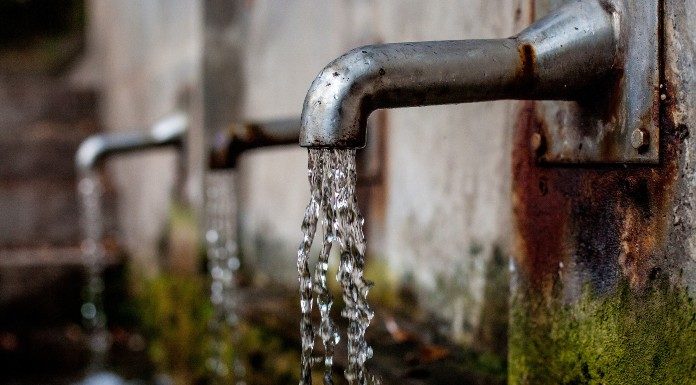Irish Water’s Operations Lead in Tipperary is asking the public to use “common sense measures” to prevent non essential use of water.
The State water utility’s six-week hosepipe ban comes into effect today to help maintain the supply during a long period of dry weather.
Tipperary Operations Lead, Duane O’Brien, says that 100 millimetres of rain is needed in the coming weeks get supply back up to normal for this time of year.
He says that restrictions on individual schemes may need to be looked at if rainfall doesn’t increase:
“We’re not at that stage yet. We do have a couple of schemes in Tipperary itself now that are in trouble – particularly The Commons and the Coalbrook schemes. Other schemes around the county are on a knife-edge at the moment.
“Clonmel Town is very tight. The Galtee scheme, which extends from Emly across to Tipperary Town and also in the lower Riverstown and Rathcabbin areas.”
Duane says about 100 millimetres of rain is needed in the coming weeks to bring the supply back up to normal:
“We keep getting these really strong storms in the late winter and exceptionally dry summers and these extremes are causing difficulties for us to maintain our supplies.
“The long stretches of dry weather, they bring down the soil moisture. In a lot of areas farmers will switch from their own boreholes to the public supply and again, this increases usage across the board.”
Meanwhile, A Lorrha-based councillor is concerned that long term demand on the water supply could affect planning permission in the area.
Independent rep Michael O’Meara says a new borehole is needed to increase supply in a wide area of Lower Ormond, taking in Lorrha, Rathcabbin, Riverstown and Ballingarry.
Despite the unusually dry spring, Michael says it’s a historic problem which needs an urgent solution:
“I am under the impression, or I believe that it may affect development in the future. Like people maybe trying to develop their dairy herds or their dry-stock herds – that there may be restrictions on the amount of cattle or cows that someone can keep.
“Also, as well as that I believe there may be restrictions put on planning permissions for new houses in the area. This is a very, very serious issue in our area.”









